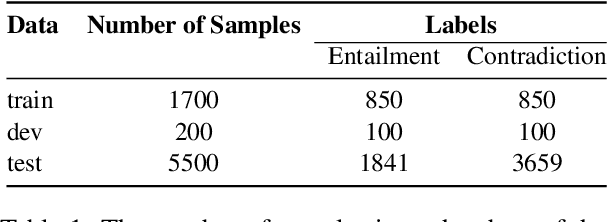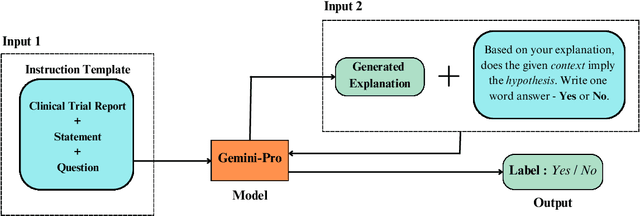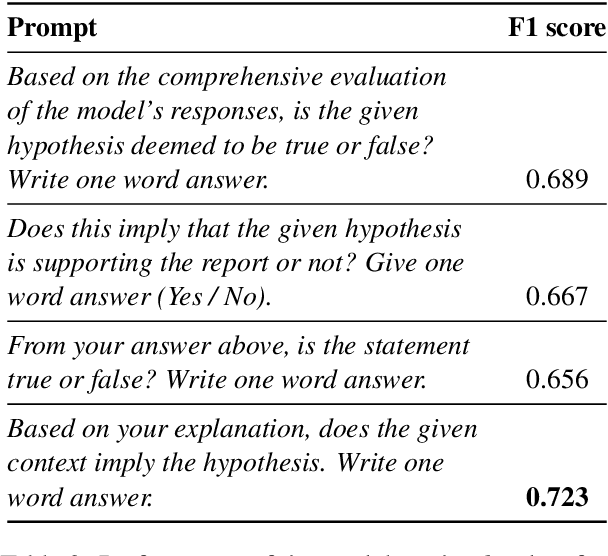IITK at SemEval-2024 Task 2: Exploring the Capabilities of LLMs for Safe Biomedical Natural Language Inference for Clinical Trials
Paper and Code
Apr 06, 2024



Large Language models (LLMs) have demonstrated state-of-the-art performance in various natural language processing (NLP) tasks across multiple domains, yet they are prone to shortcut learning and factual inconsistencies. This research investigates LLMs' robustness, consistency, and faithful reasoning when performing Natural Language Inference (NLI) on breast cancer Clinical Trial Reports (CTRs) in the context of SemEval 2024 Task 2: Safe Biomedical Natural Language Inference for Clinical Trials. We examine the reasoning capabilities of LLMs and their adeptness at logical problem-solving. A comparative analysis is conducted on pre-trained language models (PLMs), GPT-3.5, and Gemini Pro under zero-shot settings using Retrieval-Augmented Generation (RAG) framework, integrating various reasoning chains. The evaluation yields an F1 score of 0.69, consistency of 0.71, and a faithfulness score of 0.90 on the test dataset.
 Add to Chrome
Add to Chrome Add to Firefox
Add to Firefox Add to Edge
Add to Edge